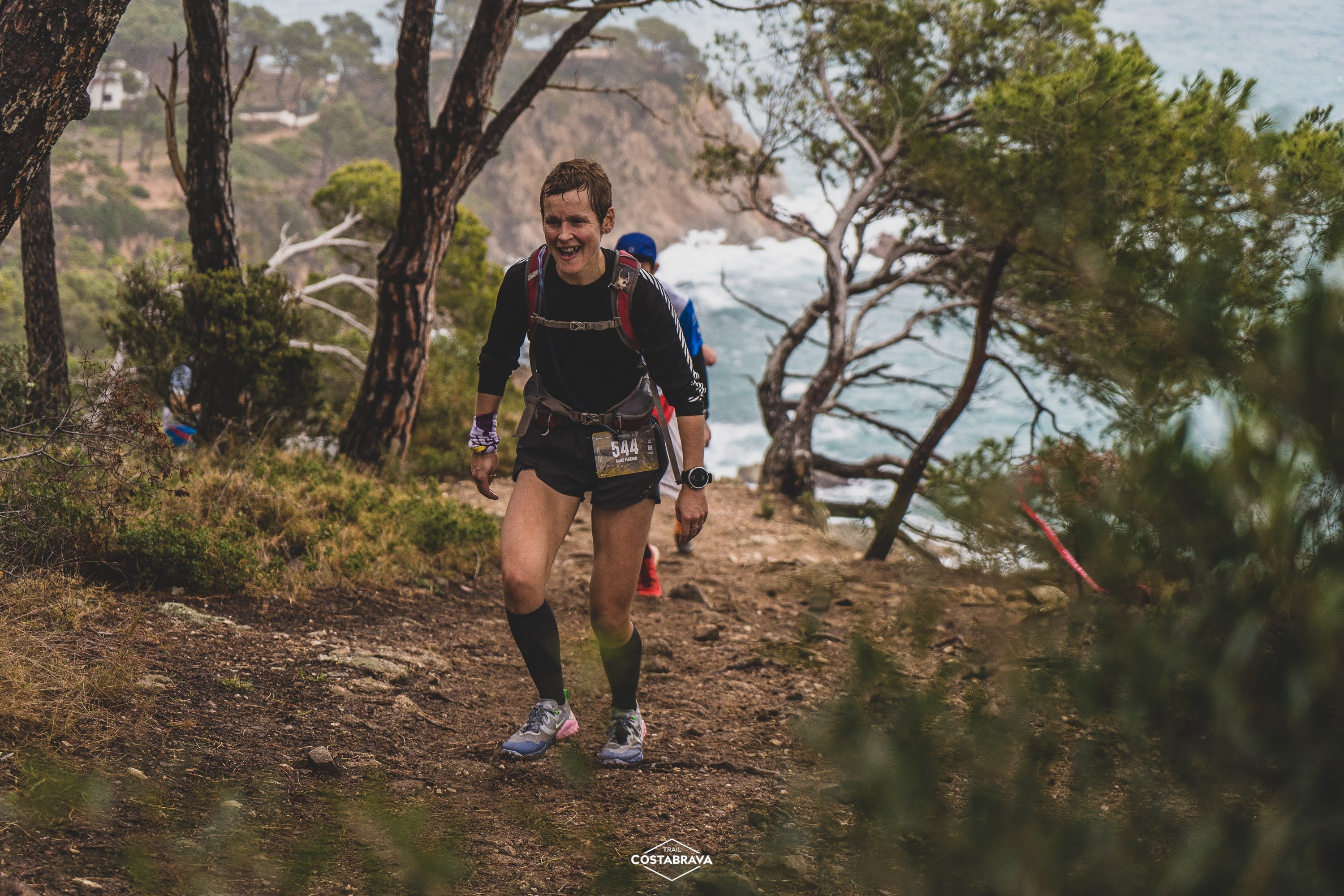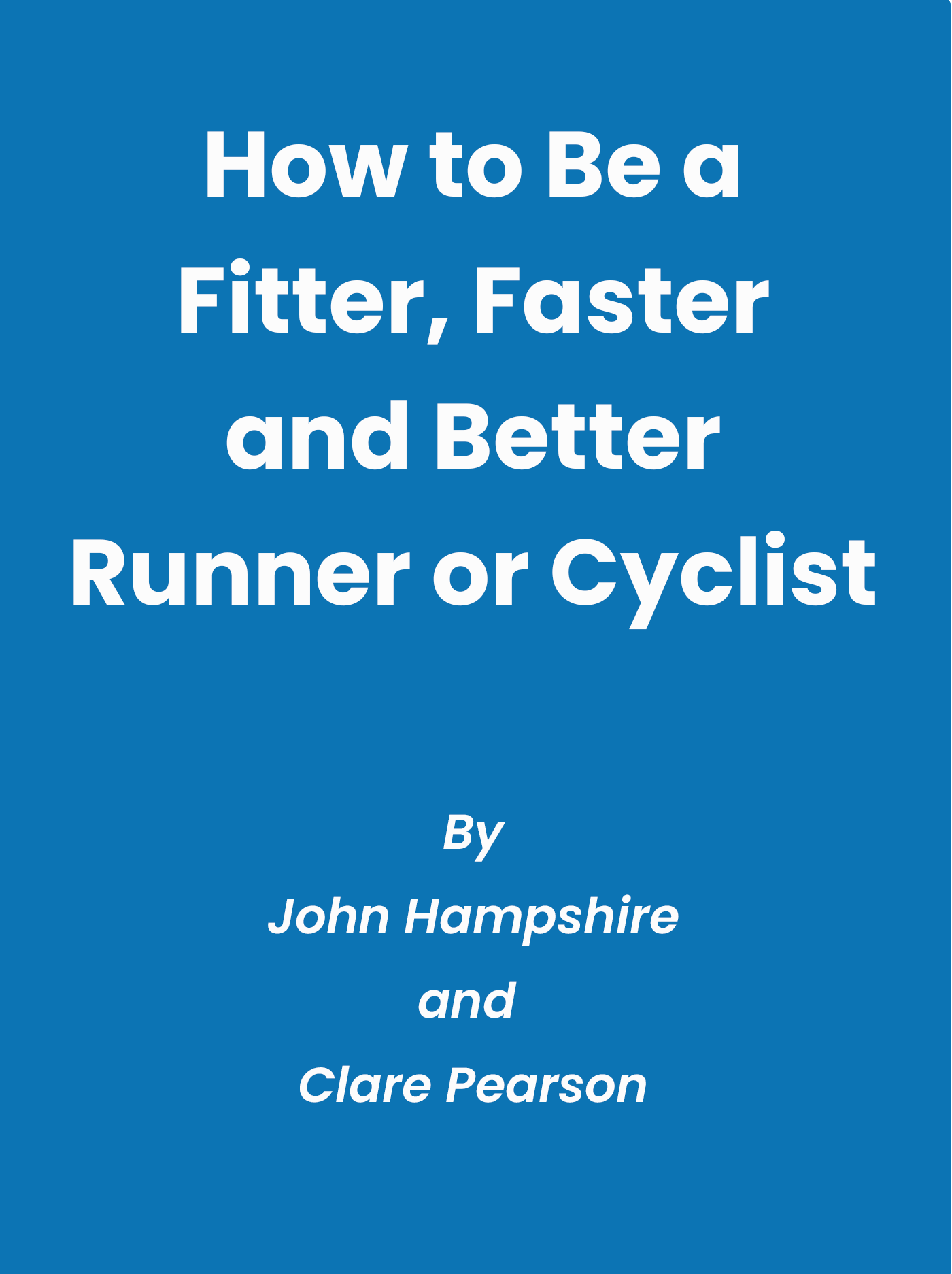How Important is Pace in Trail Running?

If you are making the transition from road to trail running you may be wondering (or panicking about) why you are so much slower than on the road. On a relatively flat road pace can be a great metric and you can accurately predict your pace for a given event based on various training sessions.
On the trails pace can be largely irrelevant except in very non-technical flat trails (a canal tow-path for example).
Trying to predict your race time based on road time paces simply will not work. A look at the ITRA scoring system will help you see that there are many things, measurable and non-objective that can affect performance on the trails including:
Measurable:
- Distance
- Altitude
- Technical Terrain
Non-Objective
- Terrain (rocky, sandy, snowy)
- Racing Conditions (weather, temperature, humidity)
- Anything else
If pace is irrelevant how do we assess performance on trails?
Scoring systems like the one used by the ITRA (International Trail Running Association) and UTMB (Ultra Trail de Mont Blanc) are pretty good measures for assessing your race. You can compare your score for the race with the winners and see how you fared.
For day to day training there are a number of ways you can check that your training is working:
Time Trial
Doing a set distance or a set time on a set course can help you see how you are doing. I like doing Joe Friel's half hour time trial because you can then extrapolate heart rate, power (and pace where relevant) zones.
Doing a set course/set climb to a set heart rate
If you do the same course to the same heart rate once a month you can see if you are improving - this can be particularly good if you are just starting out and half an hour all out seems like it might be a bit much. You can aim to do a course in a set heart rate range which correlates with an 'easy' or 'endurance' run for you.
Do UTMB/ITRA Races
When you do races associated with UTMB or ITRA then they will be added to your profile so you can then see if your index scores are going up (or down).
Rate of Perceive exertion
While not as objective when your usual runs start to feel 'easier' in general, all else being equal this marks an increase in your fitness as your ability to handle the course has improved.
Do a Parkrun
Parkrun - this concept started in the UK and is now spreading across to Europe and beyond. The concept is simple - a free accurately measured 5km run run by volunteers. They are designed for anyone from very experienced athletes to beginners.
Most UK towns now have a parkrun you can do (some of them like Otley are even off road). If you do your local parkrun once every month or so you can see how you are improving month on month.
If you are just starting out on the trails getting a decent heart rate monitor or power meter can help you measure and assess training load both in training and during any data analysis afterwards. Some applications for these devices will automatically calculate your training zones over time which can be quite handy, as well as telling you if you are getting fitter.
If you like this article and have any questions about this or any other aspect of training why not e-mail me? I would love to know your views and help if I can; I answer all e-mails within 5 working days.
Subscribe to our blog
Please share with your friends
Other articles you might like
August 6, 2024

Comments